Evacuated Shelter Pets Find Refuge Thanks to Nationwide Rescue Network
When Hurricane Milton, a Category 3 storm, hit Florida’s west coast, it displaced not only people but also hundreds of shelter animals already living in precarious situations. Communities in Tampa, Sarasota, and nearby areas were forced to move quickly, evacuating animals from at-risk facilities ahead of the hurricane's arrival. To accommodate these pets, animal rescue networks throughout the country opened their doors, giving the displaced animals a chance at safety and, potentially, new homes.
Organizations like Best Friends Animal Society, a coalition of public and private rescue groups, spearheaded the mission to transport animals away from the storm’s path. Sharon Hawa, Best Friends’ emergency services manager, stressed the urgency of the situation. “There’s a critical need for adoptions and fostering right now. Many animals need to be relocated, but we can’t predict how many of the original shelters will still be standing or operational after the storm,” Hawa explained.
Animals were transported across the country via vans and planes, with destinations as far north as New York and Massachusetts. This complex operation wasn’t just a matter of moving animals; the pets had to be carefully vetted before traveling. “Every animal must be examined by a veterinarian to ensure they are healthy enough to endure the journey without medical complications,” Hawa said. Despite the challenges, nearly 200 animals from shelters impacted by Milton and the previous month’s Hurricane Helene have been successfully relocated.
The evacuation efforts took a toll on both the animals and shelter staff. Many workers had to operate from temporary facilities or evacuation shelters, often without the tools and resources available in their usual locations. “Shelter staff are already overwhelmed in their day-to-day roles, and when disasters strike, it makes their jobs even harder,” Hawa said. “They’ve done an amazing job under these conditions, ensuring the animals are safe despite being away from their primary facilities.”
Although disasters create new difficulties, they also bring communities together. “One of the beautiful things that happens in these situations is seeing how shelters step up to help one another,” Hawa noted. “It’s inspiring to witness rescues and shelters nationwide working hand-in-hand. This effort demonstrates the power of partnerships within the animal welfare community.”
Hawa also emphasized that overcrowding in animal shelters remains a pressing issue even without natural disasters. “There’s a national crisis with too many animals in shelters and not enough homes,” she warned. In these situations, fostering or adopting from a shelter becomes essential. “When someone adopts, they’re saving two lives—the pet they take home and the animal who takes that pet’s place in the shelter,” she said.
The success of these collaborative efforts underscores the importance of public involvement during emergencies. With the animals from Milton’s path now safe in new shelters, the focus shifts to helping them find permanent homes. Adopting or fostering a pet is not only an act of kindness—it’s also a lifeline for animals still waiting in crowded shelters across the country.







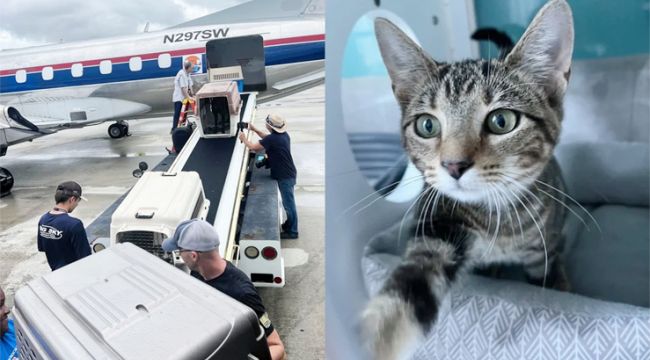



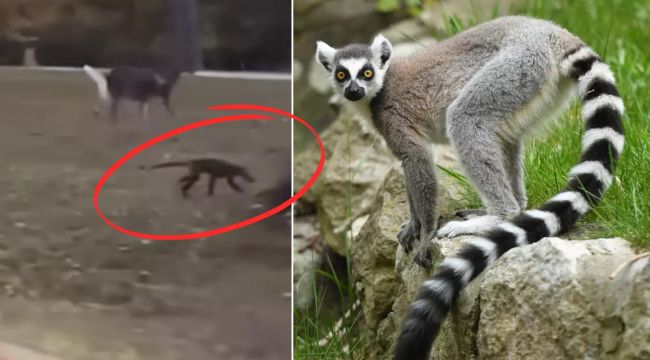
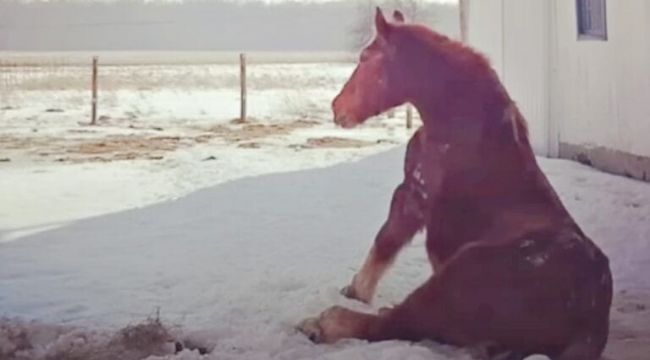
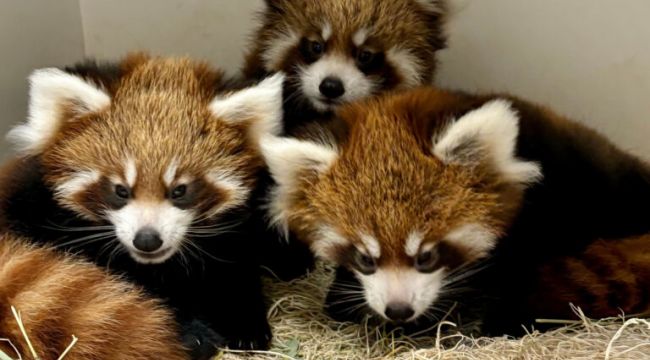
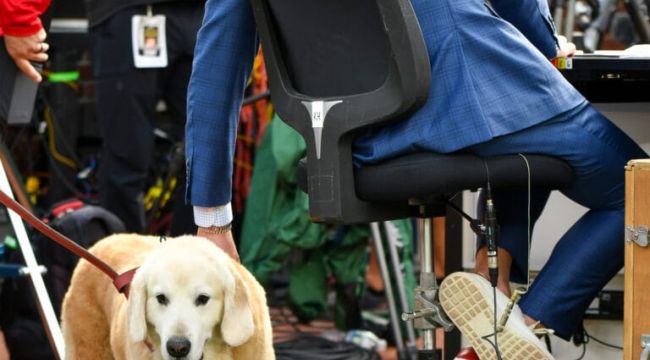













COMMENTS